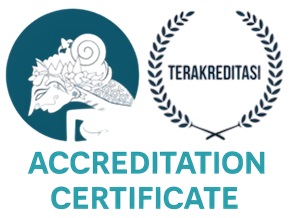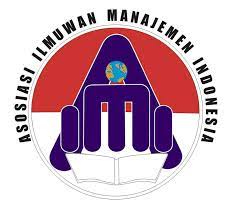The Effect of Information Technology in Eradicating Poverty (Case Study: Punk Community in Medan City)
Abstract
From year to year, the poverty rate in Indonesia is getting lower. However, reducing poverty is still far from the goals set by the government, such as the MDGs and the 2009–2014 RPJMN. The government needs a new approach to achieve its goal of alleviating poverty, not Information and communication technology is one method (ICT). ICT is considered to be able to evaluate poverty relief in many countries. The Technology Development Index can be used to track ICT growth. One of the main causes of the failure of poverty alleviation efforts in Indonesia is the lack of knowledge of the Indonesian people about technology management and their lack of access to information. Even in big cities, access to complete information and the latest technology is not evenly distributed, as evidenced by the buskers and beggars who still roam the roads (Rizky, et al., 2015: 133). The poverty rate in the city of Medan can increase because of the large punk community there. In theory, information and communication technology should be widely known in all fields (Argiati, 2010:60), but in practice, the urban poverty rate in Medan can increase due to the emergence of a large punk subculture with a poverty background. Therefore, it is interesting to conduct this research to find out how information and communication technology can reduce urban poverty, especially for the punk community in Medan. The lack of information and communication technology literacy also contributes to the creation of many marginalized groups. The purpose of this article is to: Describe the history of punk culture; and discuss how technology, knowledge, and communication can help the punk community fight urban poverty. This study uses a qualitative descriptive methodology. Medan City is the city where this research was conducted. In-depth interviews, documentation, and observation are the three methods used to obtain data.
Downloads
Copyright (c) 2022 Eli Yanti Ritonga, Khafita Aini, Suci Nabila, Rayan Al Ghazali, Nurfadila Nurfadila, Arkanuddin PDG

This work is licensed under a Creative Commons Attribution-ShareAlike 4.0 International License.










